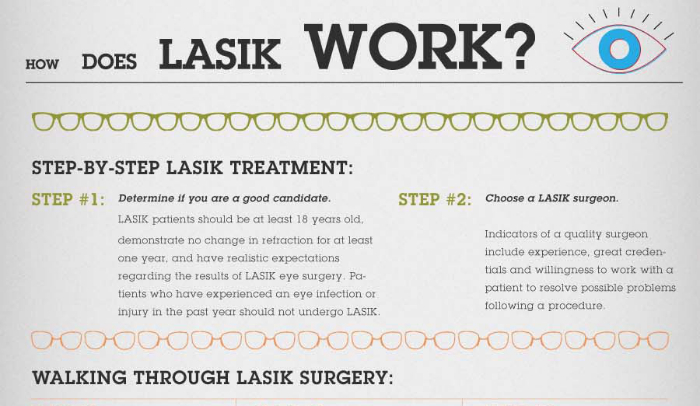Refractive Lens Exchange: A Thorough Overview For Improved Vision
Refractive Lens Exchange: A Thorough Overview For Improved Vision
Blog Article
Content Writer-Norman Mccray
If you more than 40 and struggling with vision concerns like hyperopia or nearsightedness, Refractive Lens Exchange (RLE) might be worth thinking about. This procedure changes your all-natural lens with a fabricated one, potentially decreasing your dependence on glasses. While 1 week after cataract surgery are appealing, it's crucial to recognize the risks and eligibility needs. What should you understand before choosing that could change your vision forever? Let's discover this topic even more.
Recognizing Refractive Lens Exchange
Recognizing Refractive Lens Exchange (RLE) can be critical for those considering vision adjustment alternatives.
RLE is an operation that replaces your eye's natural lens with a man-made intraocular lens. It's mostly focused on remedying extreme refractive errors, such as hyperopia, myopia, or presbyopia.
Throughout the treatment, your cosmetic surgeon will certainly eliminate your cloudy or clear lens and change it with a lens tailored to your vision needs. This alternative is frequently thought about for people over 40 that might not be suitable candidates for LASIK.
By selecting RLE, you're not simply boosting your vision; you're likewise potentially decreasing your dependence on glasses or contact lenses.
Recognizing how RLE works will equip you to make informed choices concerning your vision health.
Perks and Dangers of RLE
Picking RLE not only uses a possibility to boost your vision yet also comes with its very own collection of benefits and threats.
One significant benefit is the possibility for more clear vision, decreasing or eliminating your dependence on glasses or contact lenses. You might also experience a wider range of vision, specifically if you select multifocal lenses.
Nonetheless, there are dangers involved, such as infection, difficulties throughout surgery, or dissatisfaction with the outcomes. Some people experience aesthetic disruptions like halos or glare.
It's important to weigh these advantages and risks thoroughly. Consulting with your eye treatment professional can help you make an educated decision that lines up with your vision objectives and way of living.
Qualification Standard for Refractive Lens Exchange
Prior to thinking about Refractive Lens Exchange (RLE), it's critical to establish if you meet the eligibility standards. Generally, alternative to cataract surgery 're a good prospect if you're over 40 years of ages and have a stable prescription.
read what he said must additionally be experiencing refractive errors like nearsightedness, hyperopia, or presbyopia. It is very important to have healthy eyes without any significant illness, such as cataracts or glaucoma.
Furthermore, you need to be in good total wellness and not have any type of conditions that might impact recovery, like unrestrained diabetes mellitus. If you use get in touch with lenses, you might need to stop wearing them for a while before your evaluation.
Consulting with an eye care expert will aid you recognize your specific circumstance and whether RLE is right for you.
Verdict
In conclusion, refractive lens exchange can change your vision and minimize your dependence on glasses or get in touches with. While it uses countless advantages, it's crucial to understand the threats and ensure you satisfy the qualification requirements. Consulting with an eye treatment professional will aid you make an educated choice tailored to your needs. If you're considering RLE, put in the time to discover your alternatives and review any type of problems, leading the way for more clear, a lot more vivid eyesight.
